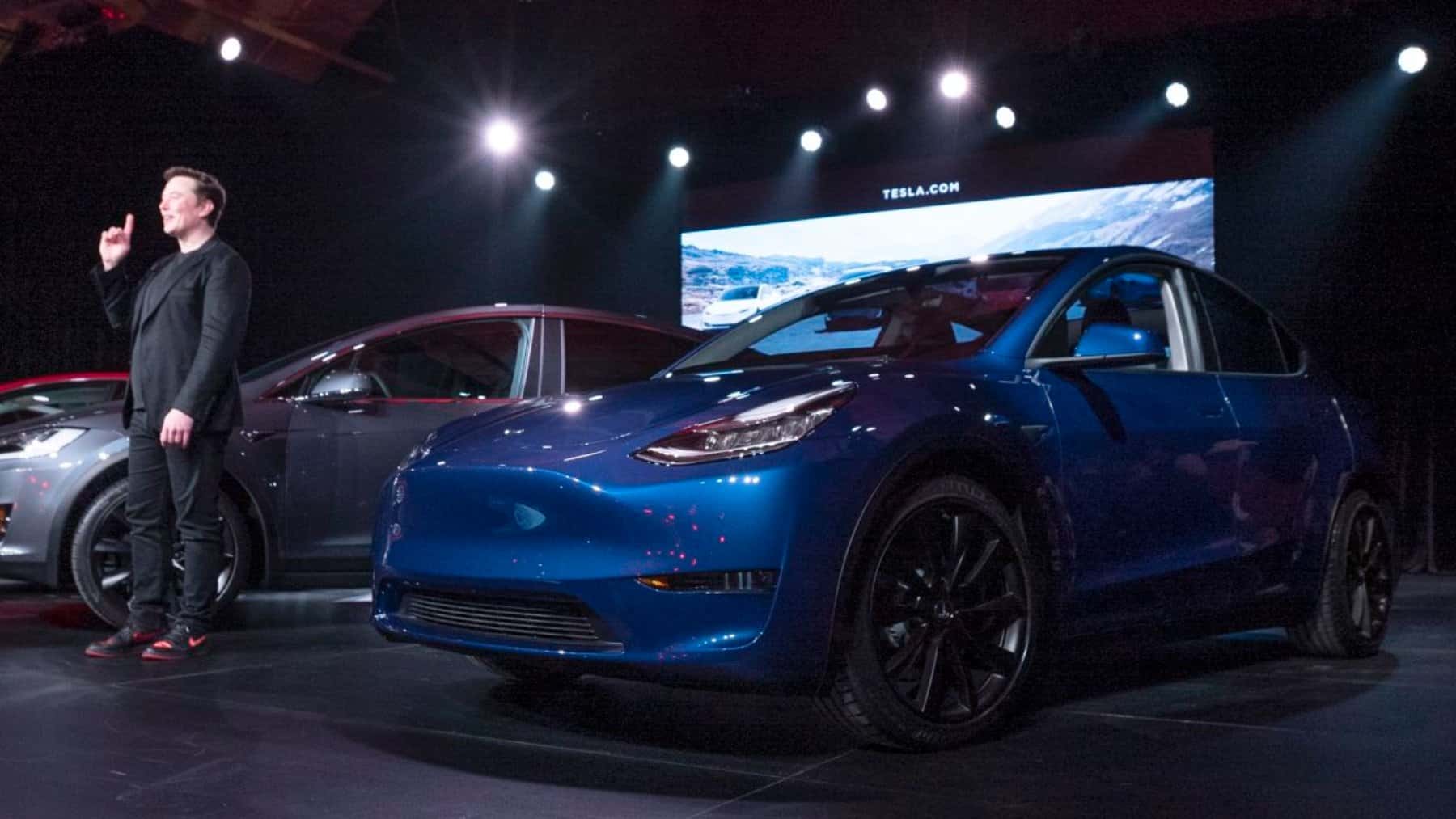Diversifying the Engine World: Exploring Hydrogen as an Alternative to Electric Engines
Key Ideas
- Tesla's success with electric engines has paved the way for exploring alternative engine solutions like hydrogen in the automobile industry.
- German Federal Research Minister unveils a Tesla Model Y powered by synthetic methanol based on green hydrogen, highlighting the potential of hydrogen technology.
- Hydrogen engines show promise in sectors like aviation and long-haul trucking where electric engines face practical limitations, offering weight and charging benefits.
- While electric engines dominate passenger vehicles, Toyota's Mirai remains a frontrunner in promoting hydrogen-powered vehicles for consumer use.
The automobile world, driven by Tesla's success with electric engines, is now turning its attention to alternative engine solutions like hydrogen. Tesla's significant impact on the industry has made electric engines not only environmentally friendly but also luxurious and desirable. However, the exploration of other options, such as hydrogen technology, is gaining traction. In 2021, the German Federal Research Minister showcased a Tesla Model Y powered by synthetic methanol, a concept based on green hydrogen. This move emphasized the importance of diversifying engine offerings and highlighted the potential of hydrogen as a sustainable solution. While Tesla's CEO has expressed skepticism towards hydrogen-powered vehicles, industry experts believe hydrogen engines complement electric engines, particularly in sectors like aviation and long-haul trucking. Toyota's continued promotion of the Mirai, a hydrogen-powered vehicle, further solidifies the potential of hydrogen technology in the passenger vehicle world. As the industry continues to evolve, the prospect of a future where both electric and hydrogen engines coexist seems increasingly plausible, offering a diversified and sustainable approach to transportation.
